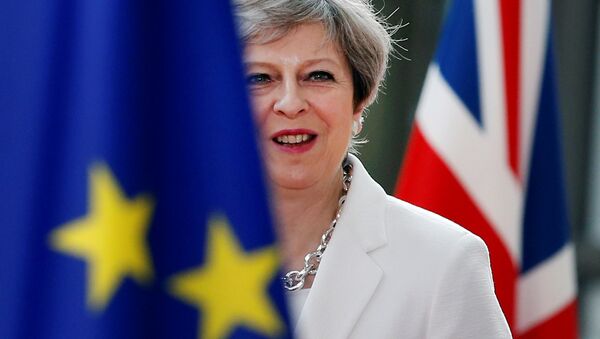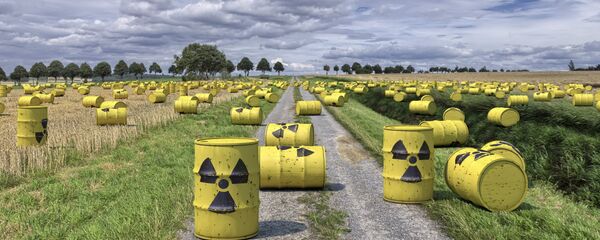UK GDP would be 2.5% smaller over the next decade if Prime Minister May comes up with a "no deal" Brexit, compared to a "soft Brexit" scenario, says a report by the National Institute of Economic and Social Research.
In either case, Brexit would still be damaging, the report says, but in a "soft Brexit," the damage would be less significant. In a soft Brexit scenario, the GDP loss would amount to £500 per each UK citizen annually for a decade, while in a "no deal" scenario, this figure would jump to £800.
"The loss would be around £800 under a ‘no deal' Brexit. These estimates do not include the likely impact on productivity which could, on some estimates, double the size of the losses," the report says.
According to the study, the UK economy would grow by 1.4% this year and is projected to grow by 1.7% next year. NIESR recommended the Bank of England (BoE) raise interest rates by 0.75%, but also suggested that the BoE make it clear that it was prepared to reverse the decision, according to The Guardian.
Amit Kara, NIESR's head of UK forecasting, said the reason behind the economic drawbacks would be the increased friction in trade with the EU, as Brexit would create customs and borders between London and the continent.
"Our results suggest that the trade intensity of the white paper proposals is comparable to Switzerland or Canada and is less comprehensive than a Norway-style EEA arrangement," the report said. According to Sky News, a "soft Brexit" scenario would see an arrangment whereby the UK's relations with the EU resembles that of Norway's.
Jagjit Chadha, director of the NIESR, argues that the uncertainty surrounding the Brexit model prevents the development of policies that could have cushioned the economic impact of the divorce.
"In the UK, uncertainty about exit from the EU seems to be limiting the development of policies to promote more inclusive growth," Chadha said.
He also added that pre-Brexit Britain was "gripped by an unusual amount of uncertainty, you might call it an epidemic of uncertainty."
"We haven't worked out how to do it," he added, according to Sky News.



